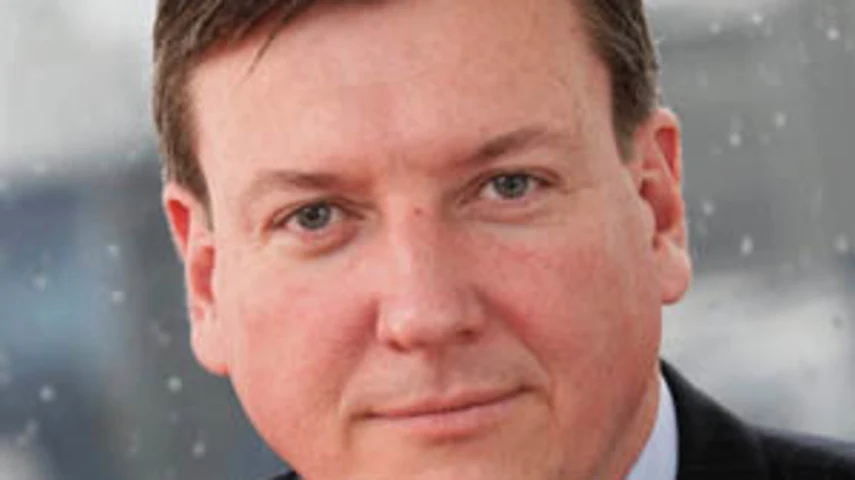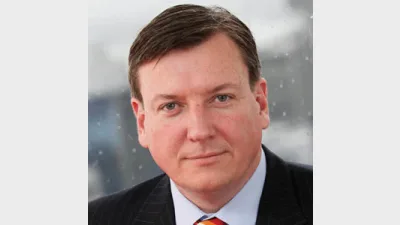Super fees, not bank fees to be talk of town



MySuper products-based fees and performance will reach the front pages of newspapers and will be the talk of talkback radio as the Australian Prudential Regulation Authority (APRA) begins publishing quarterly returns, according to the Financial Services Council (FSC).
Speaking at the FSC/DST CEO Survey launch in Sydney on Wednesday, FSC CEO John Brogden said this means the CEOs who were surveyed need to be ready to compete at a higher level than they have in the past.
"It will awaken a lot of people who have been disinterested in their superannuation because it will be flashing in front of their face on a regular basis," Brogden said.
Brogden expects to see behavioural changes from individuals in relation to their super once super fees hits the headlines, adding the super fees discussion will replace bank fees.
Industry and retail superannuation fund managers' greatest concern with respect to their fees being published is that it will put the spotlight on fees over performance.
Brogden also refuted David Murray's suggestion in the Financial System Inquiry interim report that Australian fund fees are higher internationally, saying there are some "flaws" in the comparison.
He said that because Australia runs a defined contribution scheme rather than a defined benefit scheme, it is investing in different outcomes.
"The second thing is we run a full service. You can get advice; you must get superannuation, and the default stuff. So it's not just a pension product, full stop no questions asked," Brodgen said.
"It's a pension product with advice embedded, with life insurance embedded. So that's part of what's more expensive."
Recommended for you
Australia’s largest super funds have deepened private markets exposure, scaled internal investment capability, and balanced liquidity as competition and consolidation intensify.
The ATO has revealed nearly $19 billion in lost and unclaimed super, urging over 7 million Australians to reclaim their savings.
The industry super fund has launched a new digital experience designed to make retirement preparation simpler and more personalised for its members.
A hold in the cash rate during the upcoming November monetary policy meeting appears to now be a certainty off the back of skyrocketing inflation during the September quarter.









